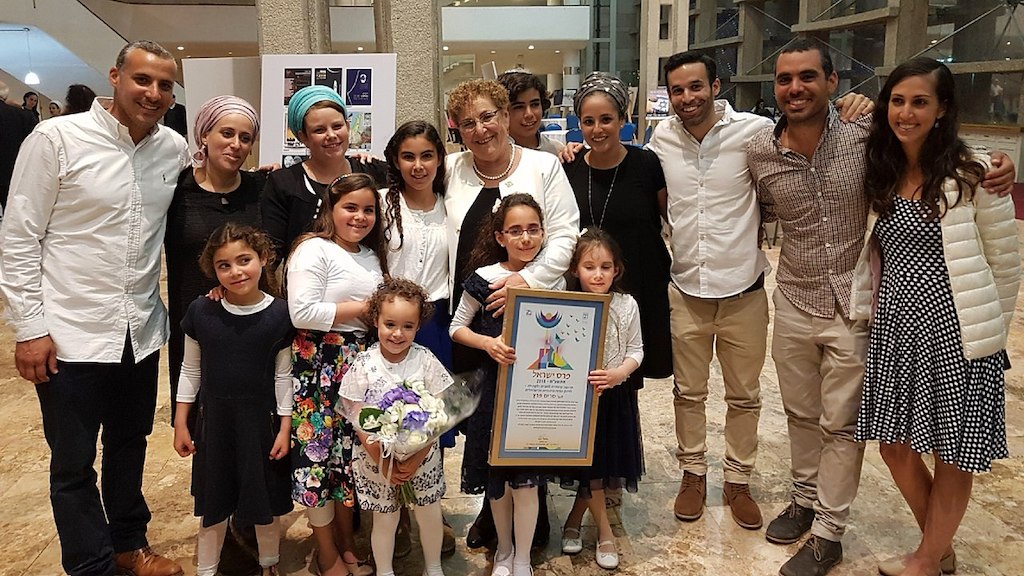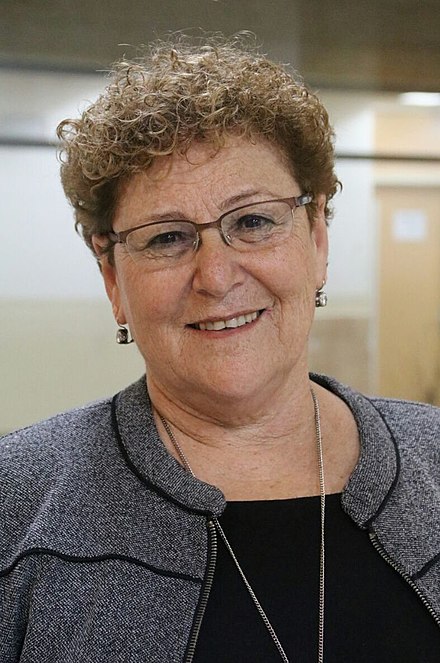A Heart for Soldiers
Miriam Peretz’s Moroccan parents were devoutly religious, poor and illiterate. In the Jewish ghettos of Casablanca they dreamed of the day they would move to Jerusalem.
In 1963, when she was just 9 years old, that dream came true. Miriam and her family were part of the nearly one million Jews made stateless and forced out of Arab lands. The Jewish Agency took the Moroccan Jewish refugees from the North African Sahara Desert and housed them in tents in the Negev Desert in Israel. Upon arriving in the Promised Land, her father fell on his knees, kissed the sandy earth, and called it “Paradise.”
In that refugee camp outside Beersheba, the family lived in poverty. As a child Miriam studied hard. At 10-years old she was cleaning her teacher’s house to support her family. But it was her mother’s attitude to Israeli soldiers which would overwhelm all other childhood memories and equip her for unforeseeable tragedies. Miriam remembers that every time her mother saw an Israeli soldier, her mother would stop and pray, “let this child come home safely.”
Miriam excelled at school and went on to study at Ben Gurion University where she acquired a degree in literature and history. She married and settled in a new Israeli town in the Sinai Desert which had been captured in the Six-Day-War. By the time Israel had relinquished the Sinai just a few years later, the young couple were located to a town just outside Jerusalem.
It was then that tragedy began to strike.
First, their eldest son Uriel was killed in action in Lebanon. Unable to deal with the loss of his son, her husband Eliezer died of a heart attack. As if that wasn’t enough, a few years later, their other son Eliraz – already a young father of three – was killed in a war with Hamas.
“Miriam remembers that every time her mother saw an Israeli soldier, her mother would stop and pray, “let this child come home safely””
The people of Israel gathered around. Thousands attended Eliraz’s funeral. Here was a soldier who had already mourned his father and brother, and now his own children were orphans too. This massive public grief was also due to the fact that his mother, Miriam, had remembered her own mother’s words. It was after the death of her own first-born that Miriam began speaking to soldiers about the will to survive and thrive.
It is hard to imagine how a bereaved mother who lost two sons in action could ever inspire young recruits and not scare them away. But somehow she managed to circumvent their fears, and focus on the miracle of life.
She continues to tell groups that she is a very simple woman, who believes that in order to change the world, or her family, or her community, it can only be done by changing herself.
Her secret of joy is to break life down into moments, refusing to blame God or ask the question “why.” She sees life as a miracle, and refuses to let the past overshadow the wonders of the present. Miriam’s happiness is mixed with pain, her sorrow and energy are intertwined.
“Her secret of joy is to break life down into moments, refusing to blame God or ask the question “why””
Losing so many family members to such tragedy, would be enough to sink most of us into hopelessness and depression, but Miriam did not allow herself to do this. A teacher and educator to her very core, she has touched thousands of lives over the years, lit a torch on Independence Day, and even ran in the elections for the President of Israel.






